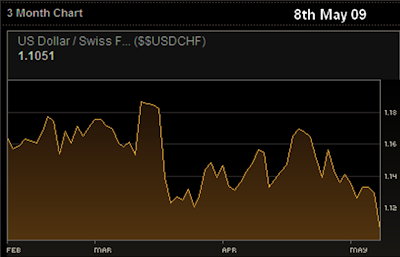"""In an interview published in the Sunday Times, London, Ratan Tata admitted with hindsight that he might have gone too far too fast, but said that nobody saw the
economic recession coming.
“If one had known there was going to be a meltdown then yes [Tata went too far] but nobody knew,” Tata said in an interview to Sunday Times of London. He was referring to his prized acquisitions Corus and Jaguar and Land Rover (JLR).
“Both the acquisitions were made, I would say, at an inopportune time in the sense that they were near the top of the market in terms of price.” Tata Steel paid $ 12.1 billion for Corus (acquired in 2006) and Tata Motors paid $ 2.3 billion for JLR (2008)."""
I admire the Tatas, for being a multinational Indian business conglomerate that stands for integrity and trust, qualities that seem to have been totally ignored by many in the business world recently. Its group companies include giants like Tata Consultancy Services, Tata Chemicals, Tata Steel and Tata Motors.
I was surprised by their aggressive bidding in the case of the above two acquisitions, considering that the Tatas are known to be a very conservative group.
These deals will add value, but the high acquisition price and acquisition related debt, will mean that they will be earnings accretive only in the very long term.
In FY 2005, 2006 & 2007 Indian corporates were very active in the M&A space. Many corporates both in India and overseas; miscalculated risk and underestimated the difficulty of successful integration of target companies.
Many never anticipated that the credit markets would be this tight, and thus bridge loan refinancing is proving to be a serious problem.
Companies like Hindalco (Novelis), Suzlon (RePower), Tata Motors (Jaguar Land Rover) and Tata Steel (Corus) are now busy reorganizing their debt as they tackle an economic slowdown, declining commodity prices and tight credit markets.
Expensive deals made in bull markets, can be extremely difficult to complete in bear markets!












